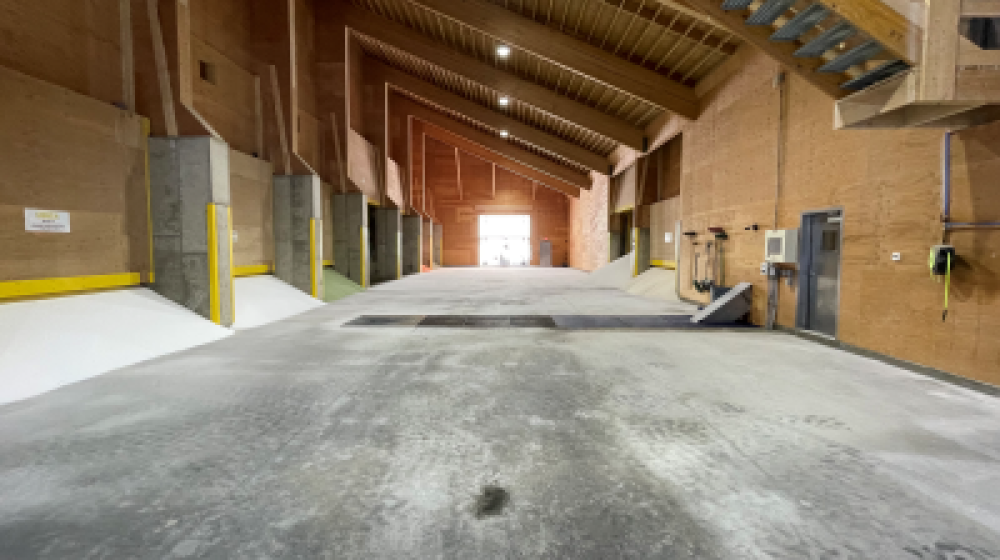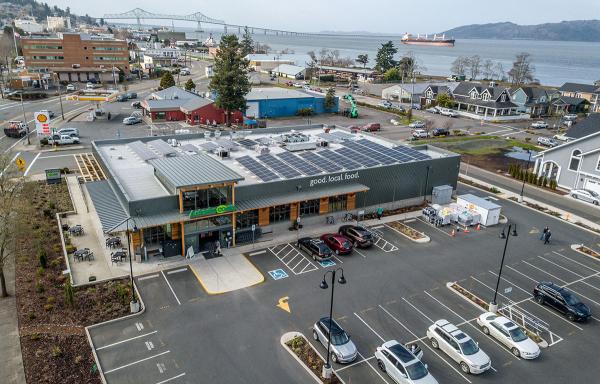
Farmer’s Union Oil Company of Circle and Terry is a farm and ranch supply cooperative that started in 1930. It serves member owners with products such as fuel, propane, fertilizer, and tires.
In early 2023, Farmer’s Union Oil finished construction on a new, larger-capacity fertilizer plant in Circle, Montana, replacing one that had been in operation for more than a half-century.
“Our intent was to increase the availability of fertilizer in the area,” said general manager Frank Kasten. “When growers need something, they need it now – and we needed to make sure we had the right equipment to meet that demand.”
But a larger plant also brings with it a larger inventory necessary to fill the massive bins inside – nearly three times more fertilizer than the old plant. While increased capacity means more fertilizer is available to local growers, it also requires capital to purchase the raw materials to aggregate.
So, the team at Farmer’s Union Oil collaborated with the Great Northern Development Corporation (GNDC) in Wolf Point on multiple funding sources, including a USDA Rural Development Fertilizer Production Expansion Program (FPEP) grant. This project was designed to provide affordable, locally available custom-formulated fertilizer products for growers in a five-county region of eastern Montana.
Their efforts paid off when, last year, Farmer’s Union Oil received a $3.3 million FPEP grant – one of just seven awarded nationwide as part of the initial round of funding.
“The grant was one of the greatest things to happen to the co-op since it began in the 1930’s,” said Frank. “It was important for our co-op because it kept us solvent. It’s nice to have security for the company and the community.”
The FPEP grant helps keep operating costs down, allowing the co-op to pass along those savings to member growers, providing a more predictable, stable pricing model and allowing them to budget more accurately. It also paid for equipment to help improve the efficiency and safety of operations and allowed them to keep enough fertilizer on hand to meet demand.
“The plant creates competitive pricing which has allowed me to shop around for fertilizer and get a better deal,” said Leonard Schock, a local McCone County farmer. “When you can shave $20, $30, $50 per ton off the price, that money comes to our pocket and can be spent on other things.”
The FPEP grant also has infused money into the local and regional economy, supporting area financial institutions, retailers, and contractors.
“It impacts not only those who work at the fertilizer plant,” said Quincy Walter, GNDC’s small business regional director. “It really has a trickle-down effect of how one staple in the community can rise up and bring the rest of the community with them.”

